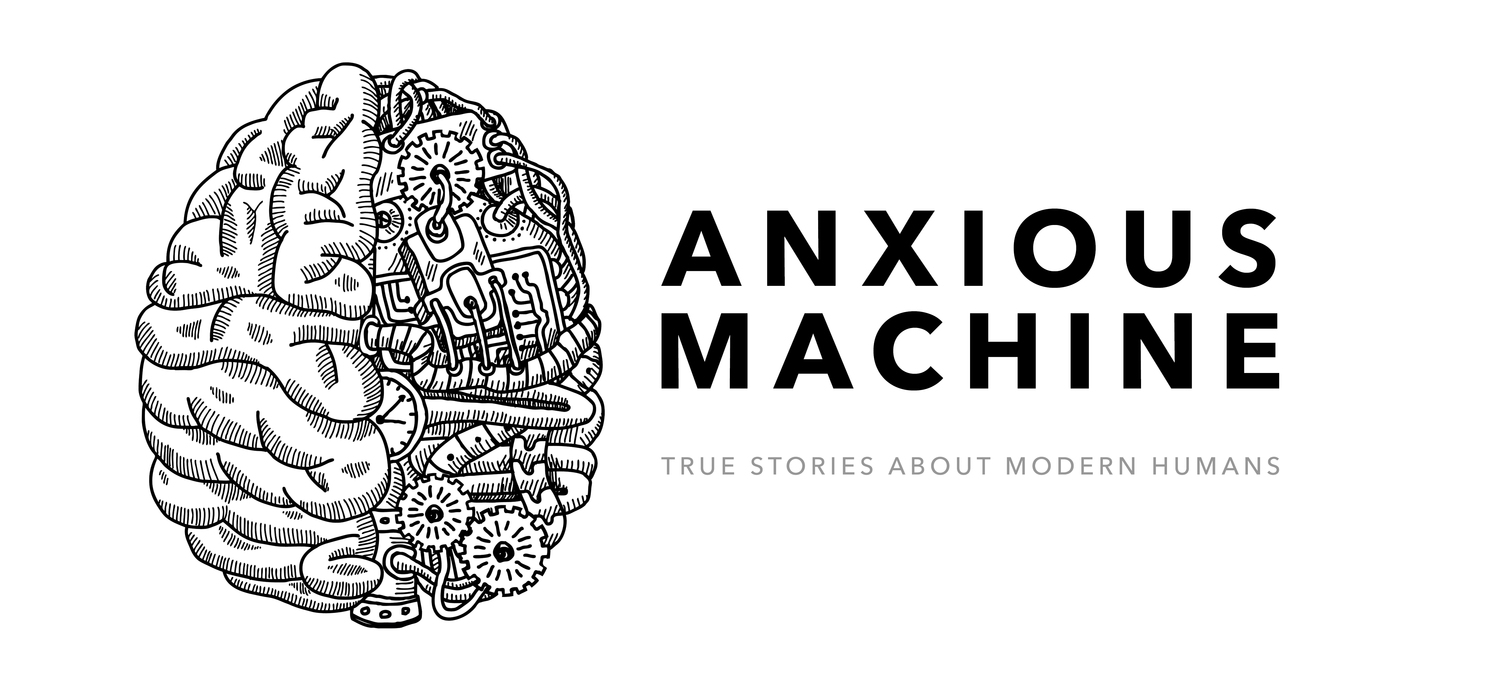In reference to Bill Nye's recent debate with a creationist, Jason Kottke posted this wonderful quote from physicist Richard Feynman about the idea that an artist can appreciate the beauty of a flower, whereas a scientist ruins the beauty by taking the flower apart.
First of all, the beauty that [the artist] sees is available to other people and to me too, I believe. Although I may not be quite as refined aesthetically as he is ... I can appreciate the beauty of a flower. At the same time, I see much more about the flower than he sees. I could imagine the cells in there, the complicated actions inside, which also have a beauty. I mean it's not just beauty at this dimension, at one centimeter; there's also beauty at smaller dimensions, the inner structure, also the processes. The fact that the colors in the flower evolved in order to attract insects to pollinate it is interesting; it means that insects can see the color. It adds a question: does this aesthetic sense also exist in the lower forms? Why is it aesthetic? All kinds of interesting questions which the science knowledge only adds to the excitement, the mystery and the awe of a flower. It only adds. I don't understand how it subtracts.
I had a physics professor in college who told me about a conversation he was having with other physics professors, and one of them referred to him as a "real scientist" (he'd recently published some important research) rather than a mere teacher. He got pissed. He said something like, "I don't see my work as a teacher to be less important than my work as a scientist. If 'real scientists' don't believe that a big part of our jobs, of all our jobs, is to educate people about science, to attract people to science, to spread the gospel about the beauty of science, then science will die."
Phil Plait made a similar argument in Slate about the Bill Nye debate.
Roughly half the population of America does believe in some form of creationism or another. Half. Given that creationism is provably wrong, and science has enjoyed huge overwhelming success over the years, something is clearly broken in our country. I suspect that what’s wrong is our messaging. For too long, scientists have thought that facts speak for themselves. They don’t. They need advocates.
I agree. Scientists do themselves a disservice when they let themselves be portrayed, or even portray themselves, as mere enemies of "magical thinking." Scientists are not devoid of wonder. They are not opposed to magic. Quite the opposite. Science is the study of magic. What is matter? What is energy? What are the stars? What is life? Where did it come from? Asking and trying to answer these questions isn't ruining the magic, it's savoring the magic.
As Darwin himself wrote in "On the Origin of Species:"
It is interesting to contemplate an entangled bank, clothed with many plants of many kinds, with birds singing on the bushes, with various insects flitting about, and with worms crawling through the damp earth, and to reflect that these elaborately constructed forms, so different from each other, and dependent on each other in so complex a manner, have all been produced by laws acting around us ... Thus, from the war of nature, from famine and death, the most exalted object which we are capable of conceiving, namely, the production of the higher animals, directly follows. There is grandeur in this view of life, with its several powers, having been originally breathed into a few forms or into one; and that, whilst this planet has gone cycling on according to the fixed law of gravity, from so simple a beginning endless forms most beautiful and most wonderful have been, and are being, evolved.
